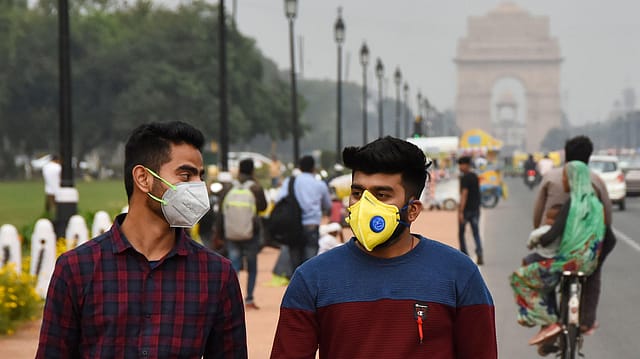Covid-19: 77% drop in footfall at retail and recreational places
ADVERTISEMENT

Amid the growing number of Coronavirus cases and a lockdown to check the spread of the virus, India saw a 77% drop in footfall at retail and recreational places, according to data from search engine Google.
Google has made available data for 131 countries for them to understand the effects of the lockdown. “As global communities respond to the Covid-19 pandemic, there has been an increasing emphasis on public health strategies, like social distancing measures, to slow the rate of transmission,” the company wrote in a blog post.
Google published location data gathered from personal smartphones for public health officials to help them understand how well people are complying with the lockdown in different countries and how people’s movement patterns have changed in response to the global Covid-19 pandemic that has affected one hundred thousand people globally, including four thousand in India.
“As global communities respond to Covid-19, we've heard from public health officials that the same type of aggregated, anonymised insights we use in products such as Google Maps could be helpful as they make critical decisions to combat Covid-19,” Google said.
“The reports chart movement trends over time by geography, across different categories of places such as retail and recreation, groceries and pharmacies, parks, transit stations, workplaces, and residential,” it said.
Mobility trends collated from February 16 to March 29 suggest that 65% of Indians stopped going to grocery markets, food warehouses, farmers markets, specialty food shops, drug stores, and pharmacies.
The data also shows that mobility trends for places like national parks, public beaches, marinas, dog parks, plazas, and public gardens have dropped 57% during the lockdown. The highest drop, however, was recorded at transit stations and public transport hubs such as subway, bus, and train stations. Nearly 71% stopped going to transit stations and there was a 47% drop recorded for people going to places of work.
There was an increase of 22% for mobility in residential places.
Google said the report shouldn’t be used for medical, diagnostic, prognostic, or treatment purposes. “It also isn’t intended to be used for guidance on personal travel plans,” the search engine said.
Location accuracy and understanding of categorised places vary from region to region, “so we don’t recommend using this data to compare changes between countries, or between regions with different characteristics (e.g. rural versus urban areas)”, the company said in a statement.